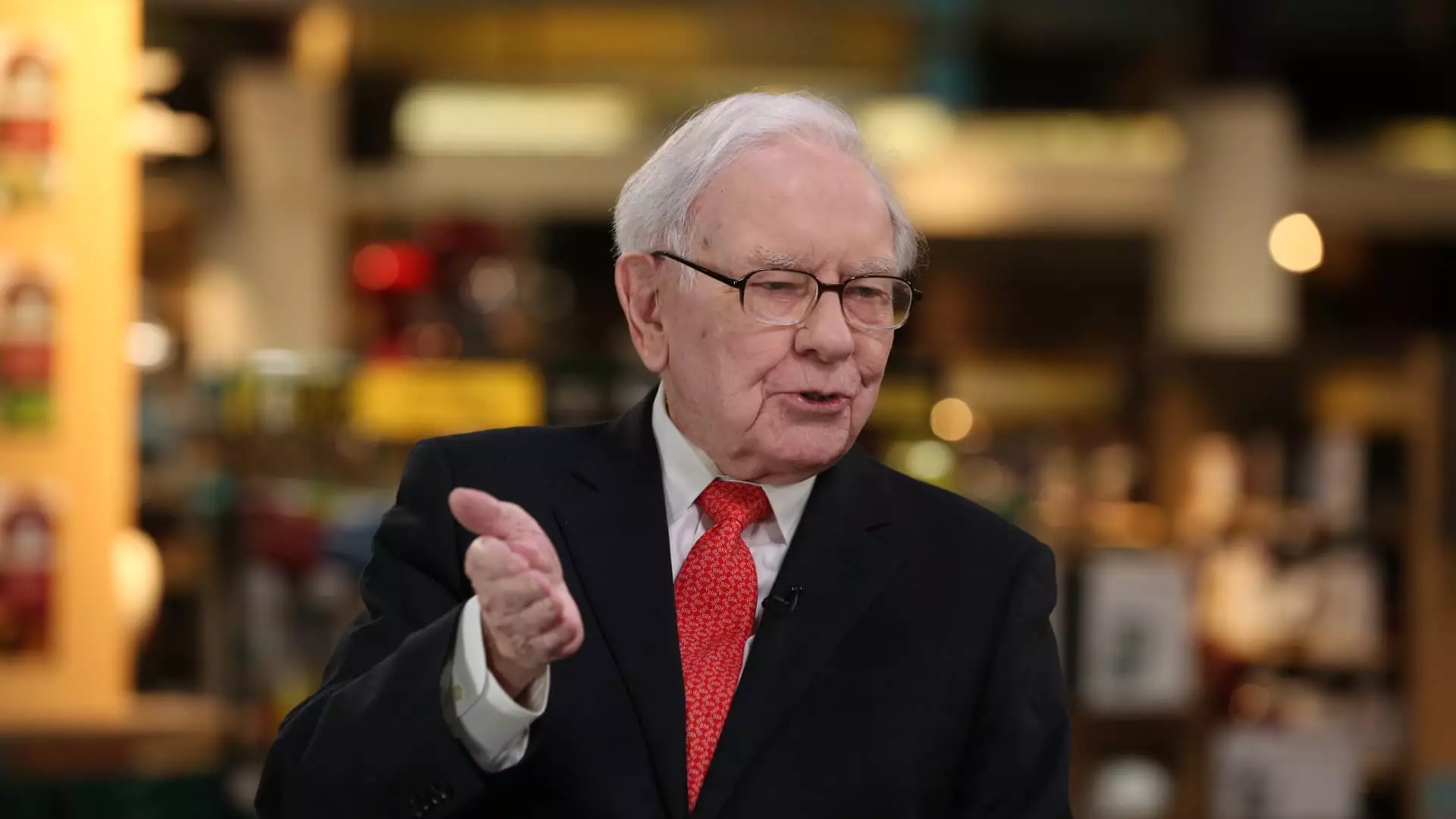As global economies become increasingly interconnected, the dynamics of international trade grow ever more complex. Recent threats regarding tariffs from U.S. leaders have reignited concerns about the potential pitfalls of trade wars, particularly in light of past conflicts during the Trump administration. Central to these discussions is the perspective of prominent investors and economists, such as Warren Buffett, whose insights illuminate the nuanced effects of trade policies.
Warren Buffett, the esteemed CEO of Berkshire Hathaway, has been vocal about the detrimental effects of aggressive tariff strategies. Reflecting on the trade disputes from 2018 and 2019, he underscored the potential for widespread inflation, which invariably impacts consumer behavior. Buffett pointed out that tariffs are essentially a tax on consumers, leading to price increases on essential goods. The outline of his argument suggests that when trade relationships deteriorate, the initial benefits of free trade—often taken for granted—become starkly apparent through escalated costs and limited choices for consumers.
The rhetoric surrounding tariffs encompasses both economic and political dimensions. Newly elected leadership often employs these threats as negotiation tools to address broader issues, such as border security and drug trafficking. However, the underlying consequences of such threats should not be underestimated. The nuanced approach to trade policy requires leaders to educate the public on both the immediate and long-term implications of their strategies. Buffett argues that effective communication is a necessary component of leadership, drawing parallels to how historical figures like Franklin D. Roosevelt guided the nation during economic crises.
Consumer Behavior and Market Effects
The immediate impact of tariffs on consumer behavior cannot be overstated. When a government imposes tariffs, it alters purchasing decisions and disrupts established supply chains. As Buffett articulated, consumers may not even realize the hidden benefits of free trade until they encounter the stark realities of increased prices. The suggestion that a significant shift in manufacturing back to the U.S. could lead to higher prices raises questions about sustainability and affordability in an already challenging economic landscape.
The discourse surrounding tariffs and trade policies reflects broader themes of economic stability and national interest. Buffett’s insights serve as a cautionary tale, warning that the repercussions of a trade war extend beyond immediate profitability, affecting the socioeconomic fabric of society. As policymakers contemplate their next moves, the imperative remains: to foster international cooperation and embrace the benefits of free trade, thereby ensuring a balanced and prosperous global economy.

